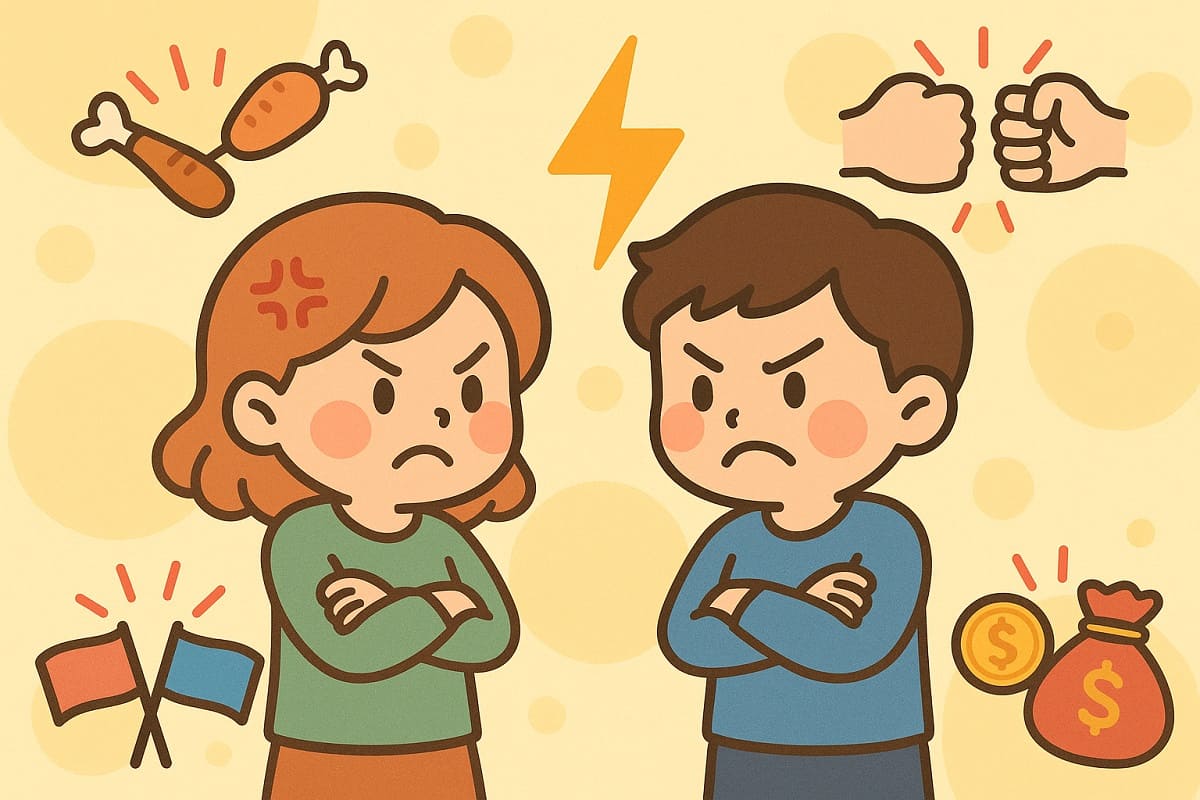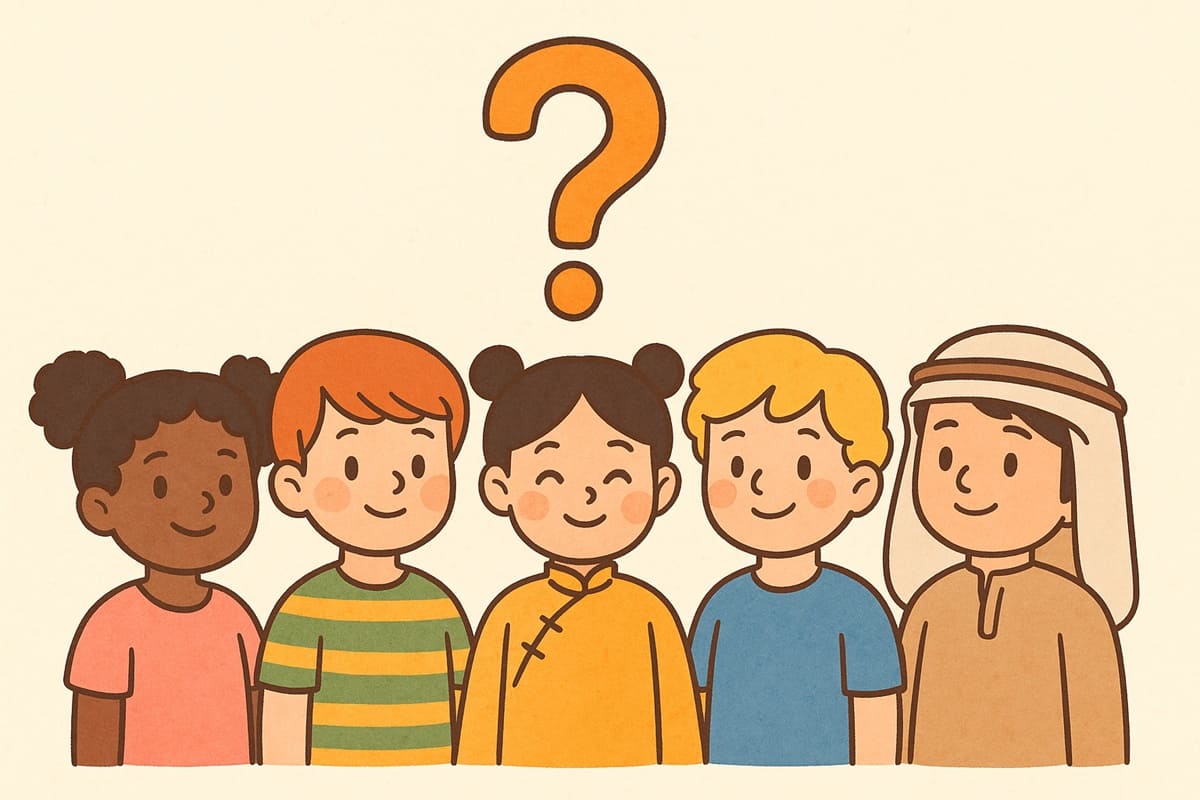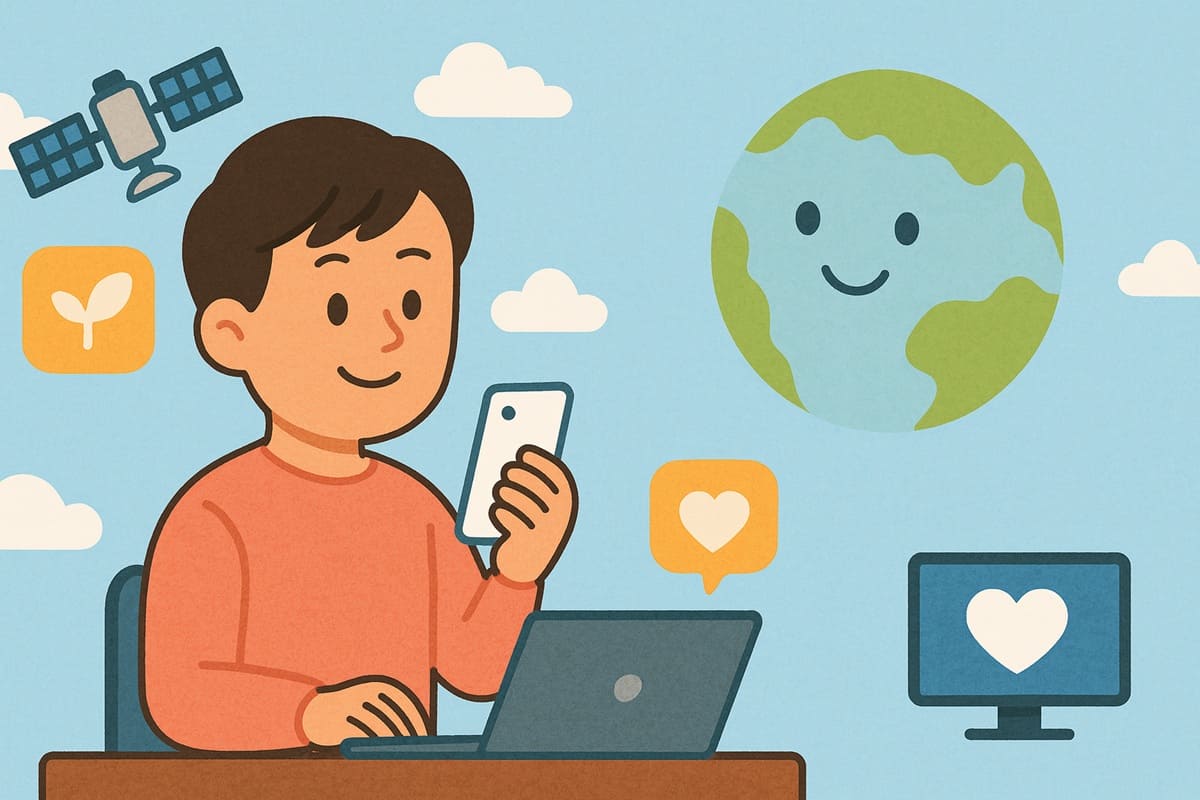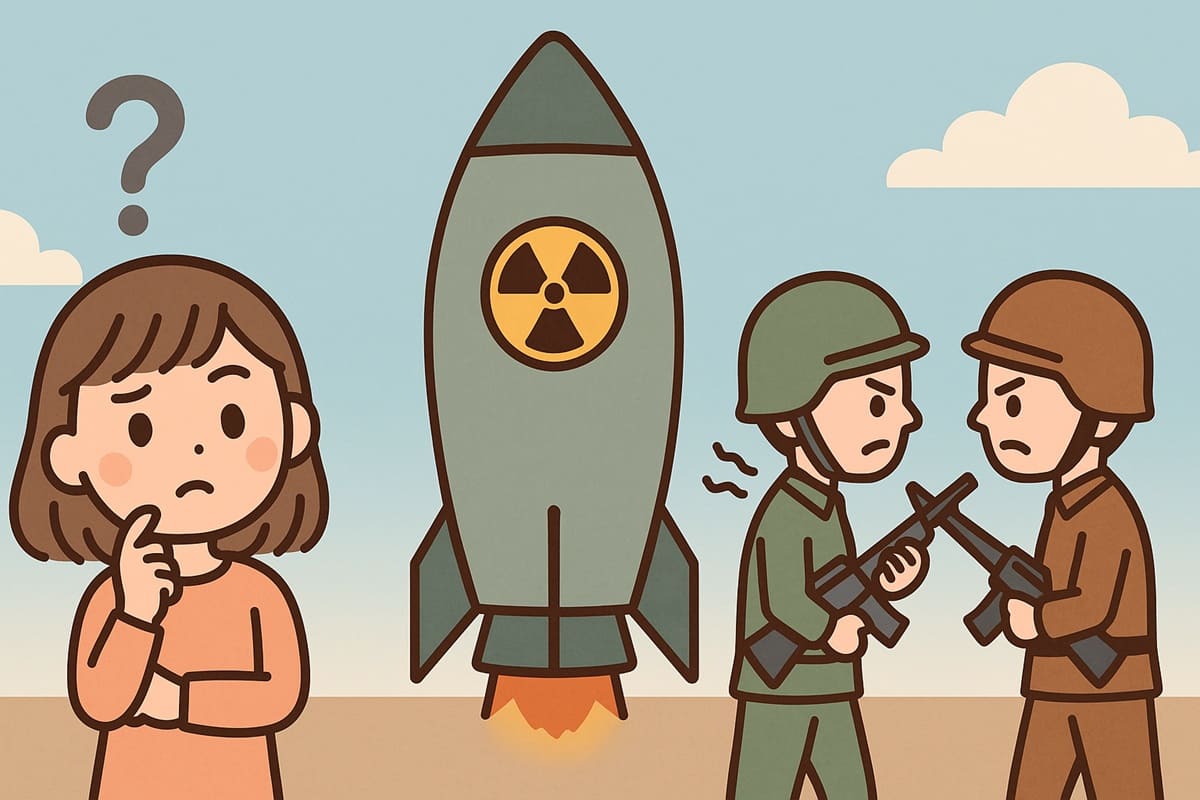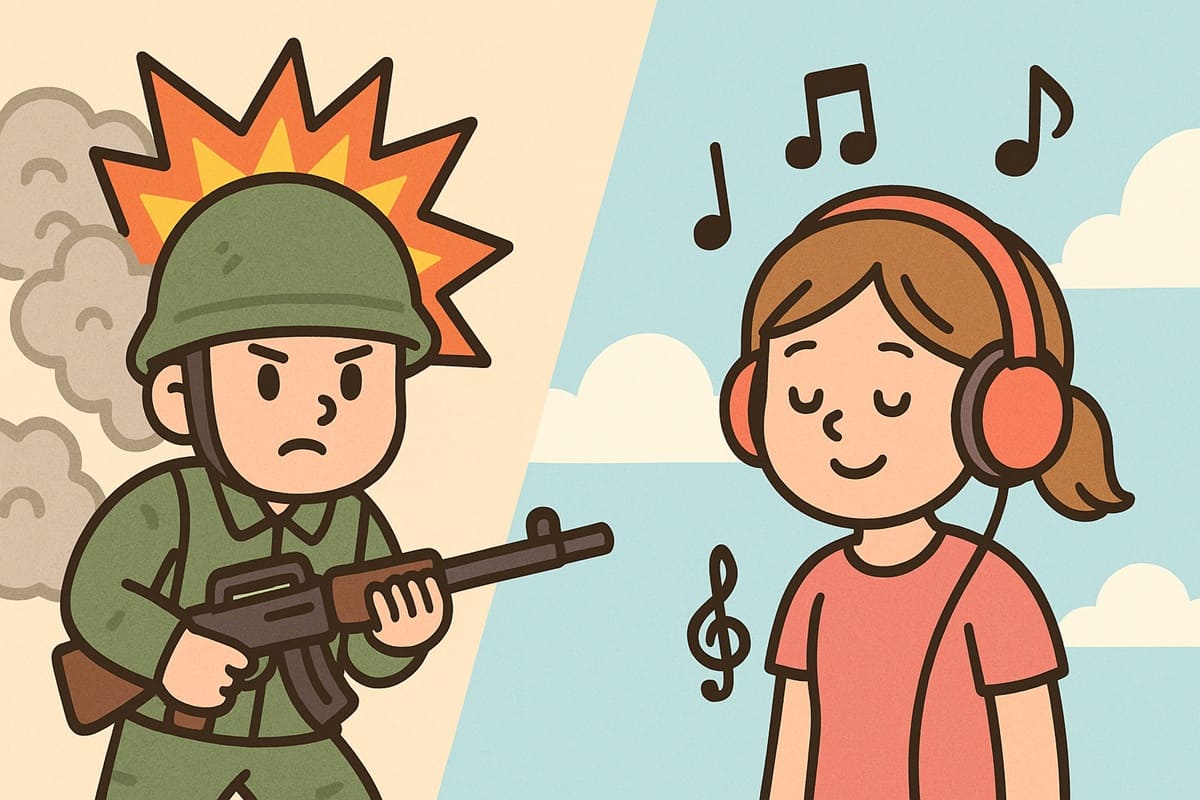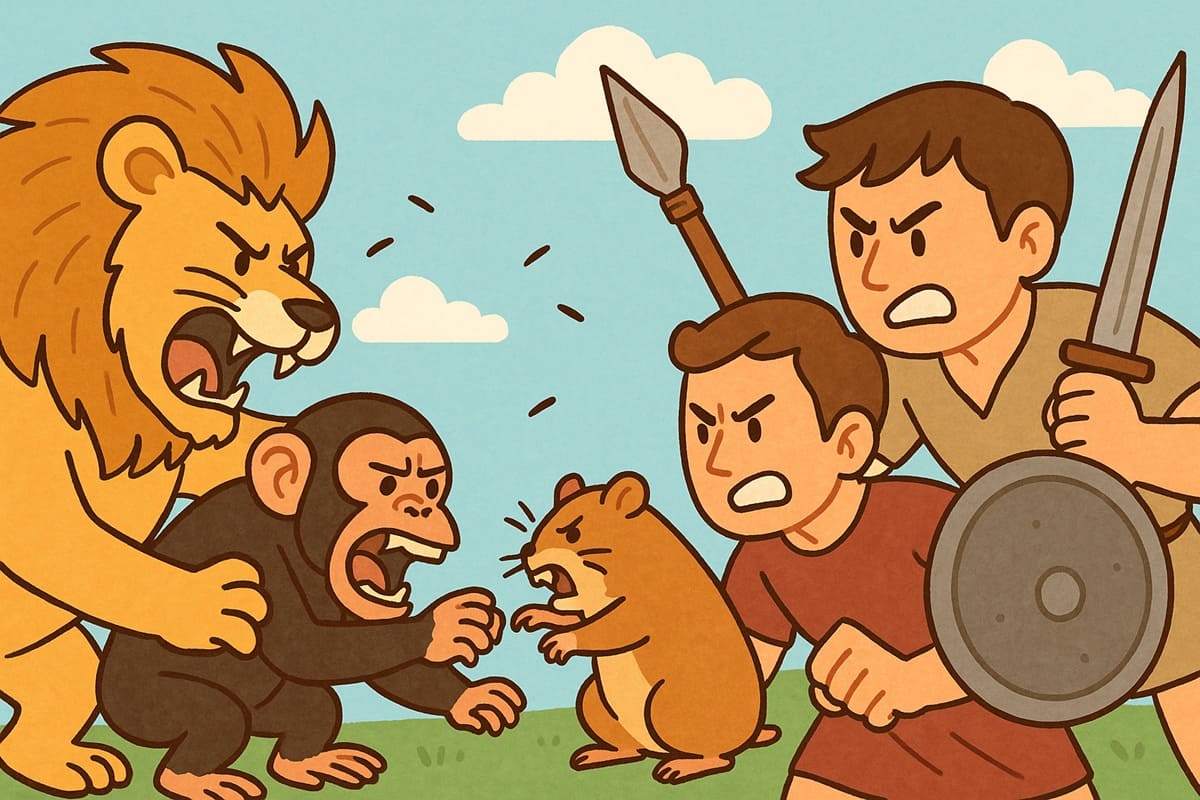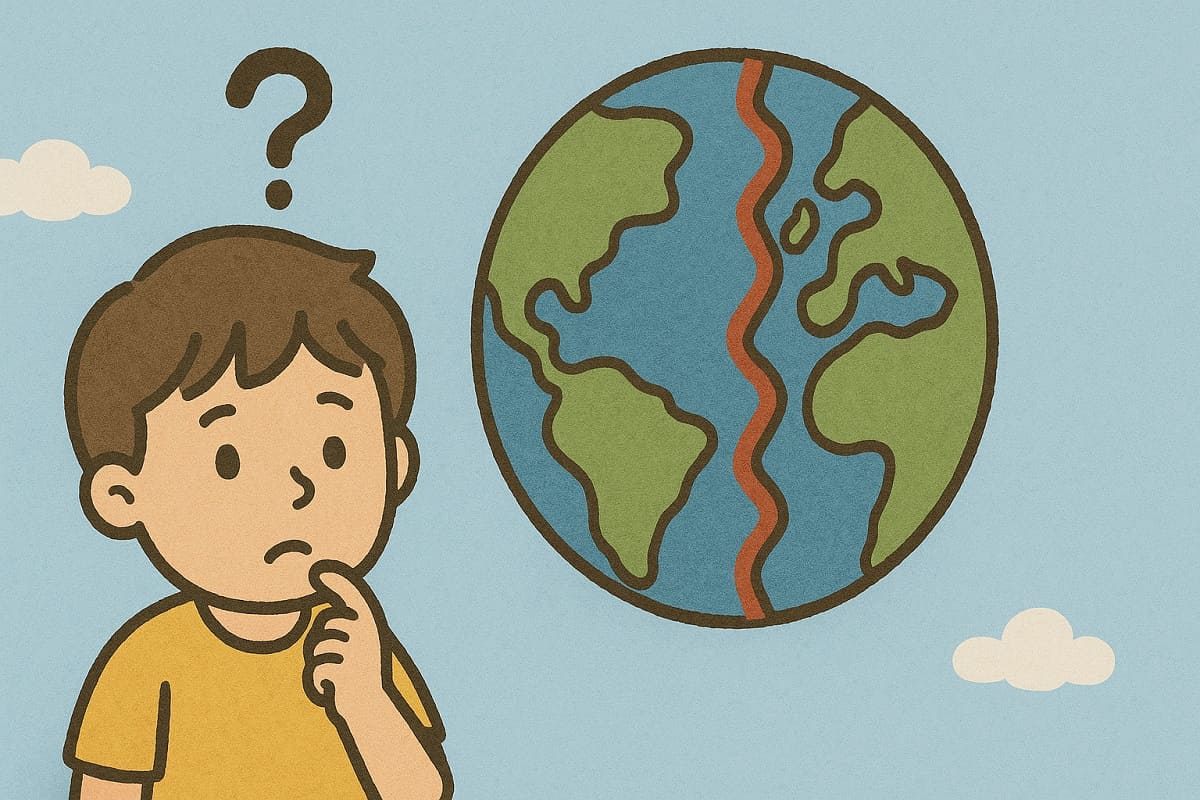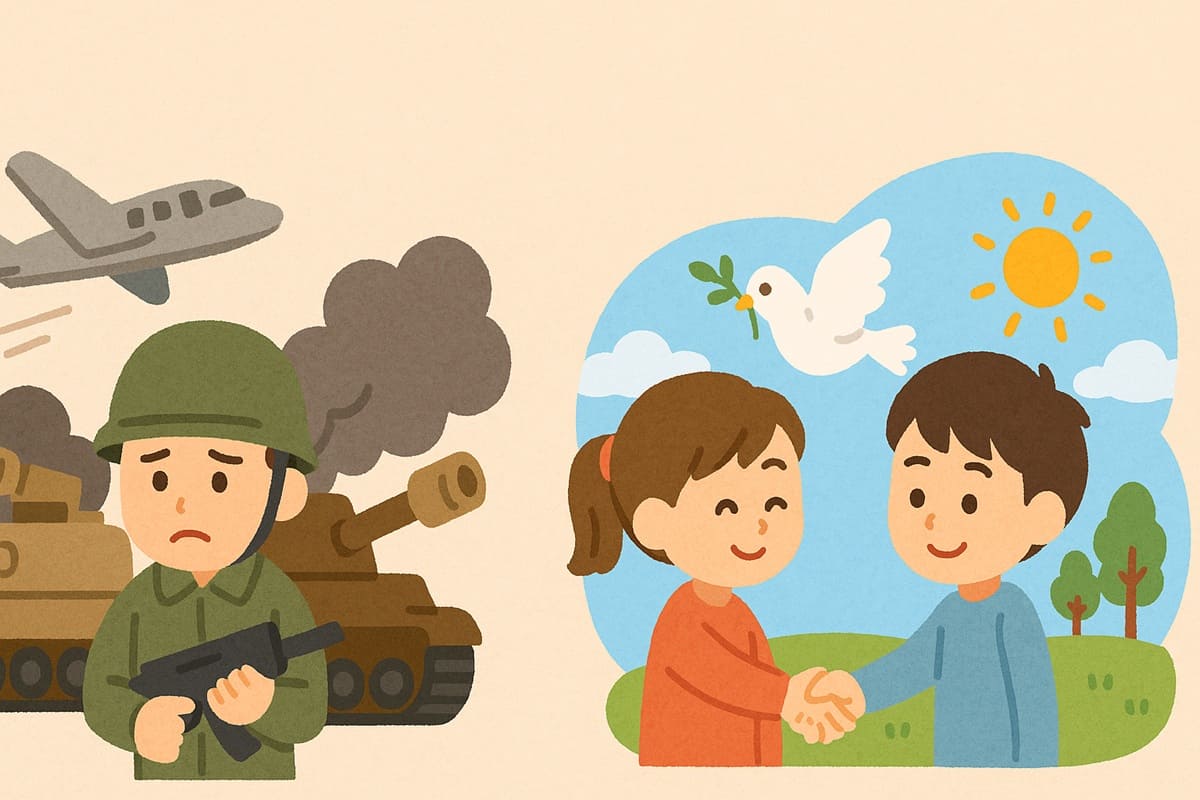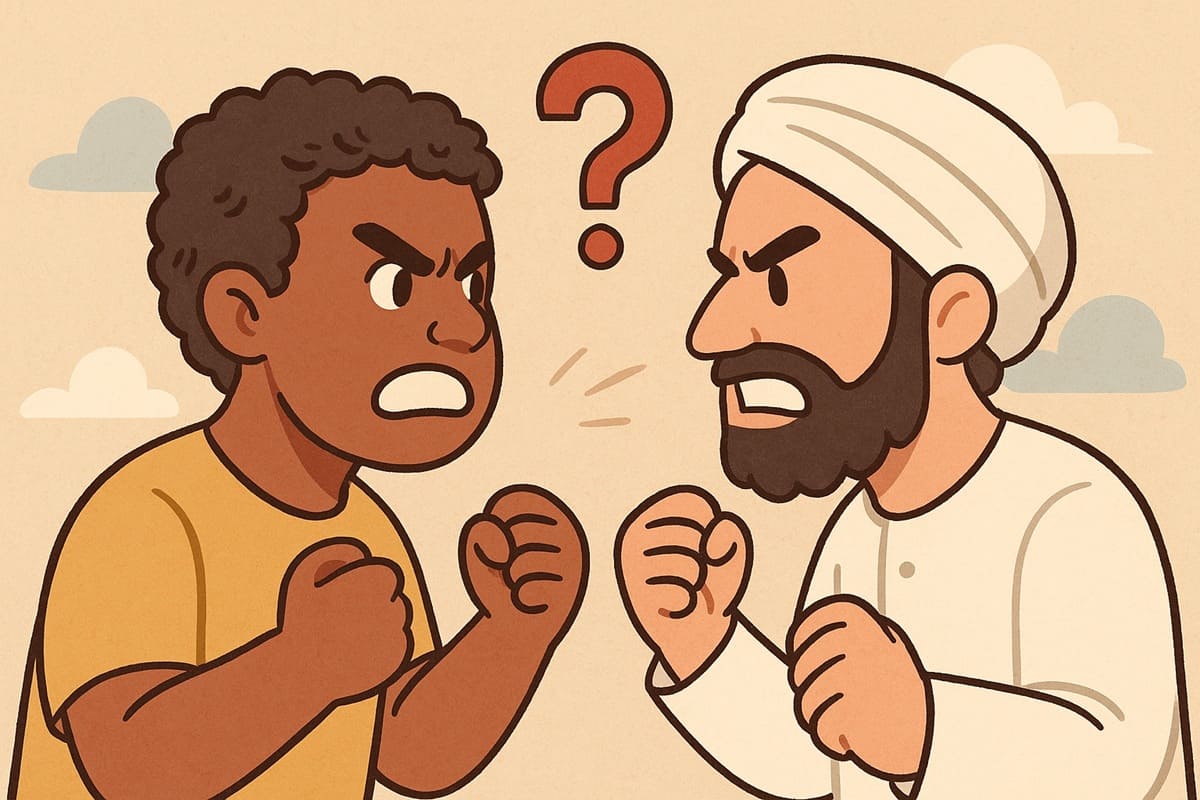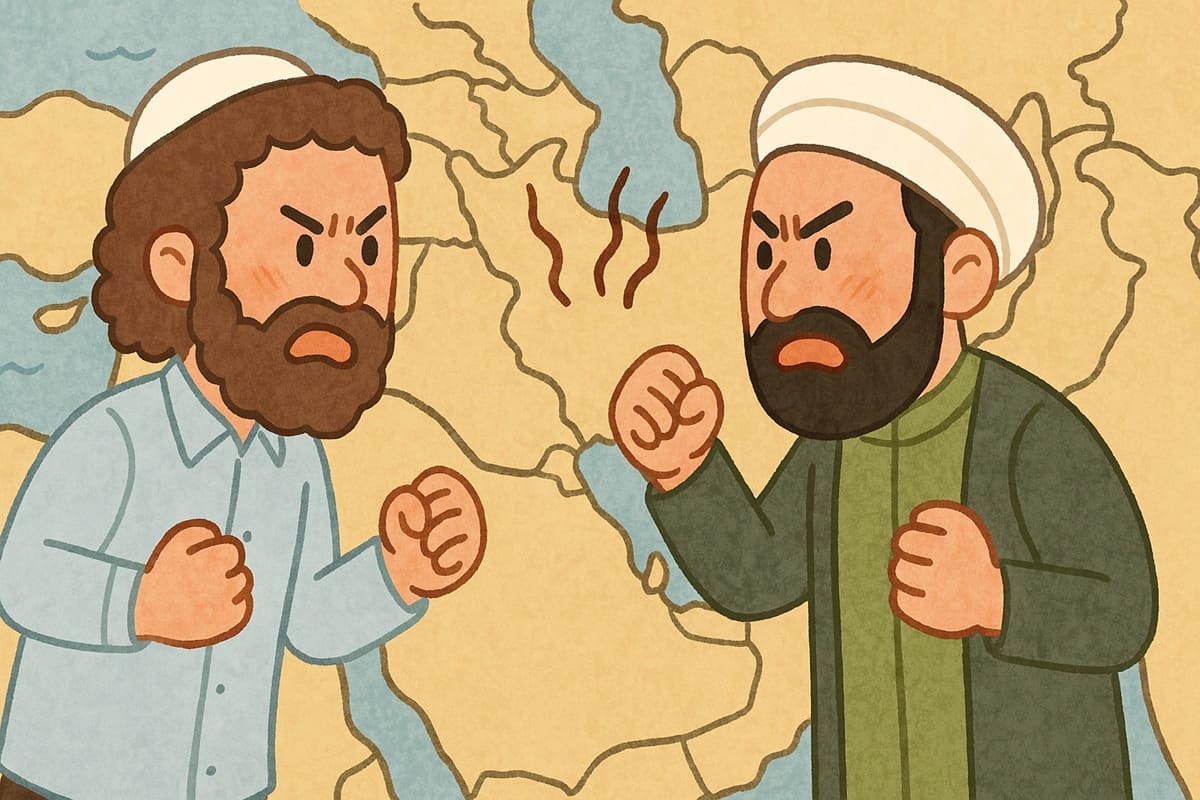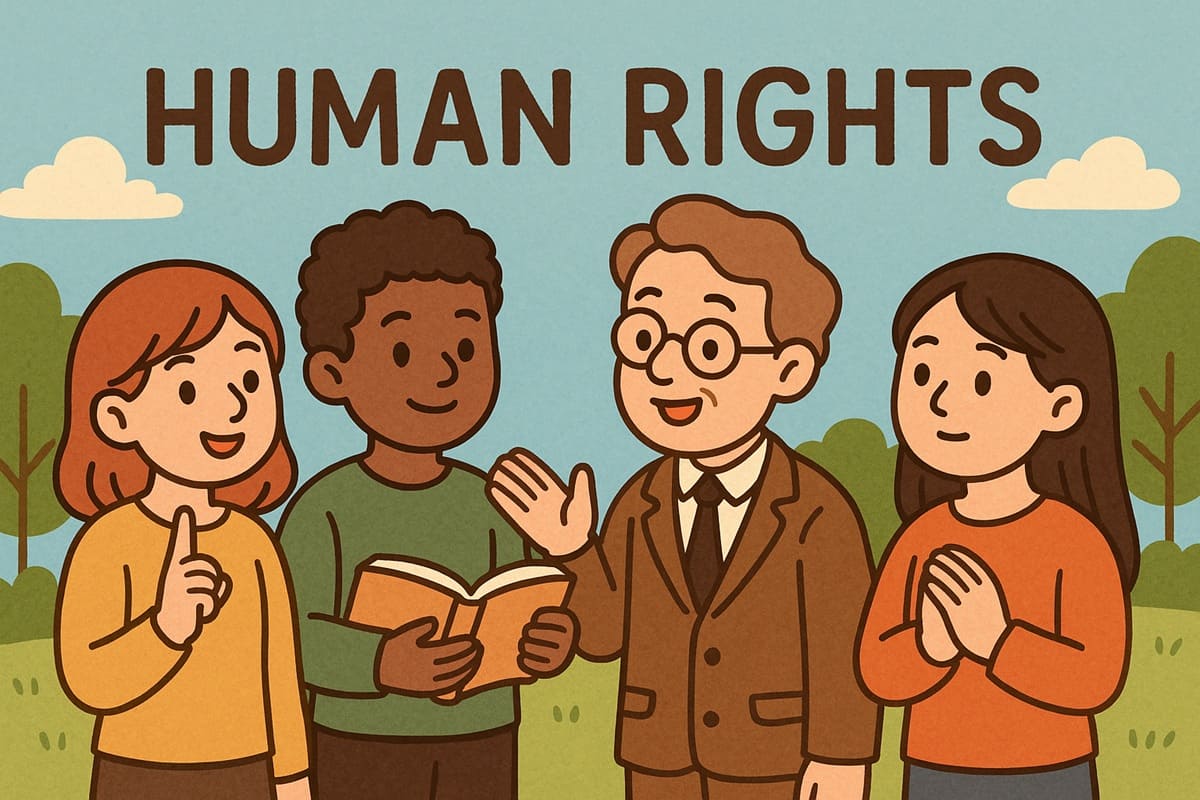Does Learning History Help Bring Peace?
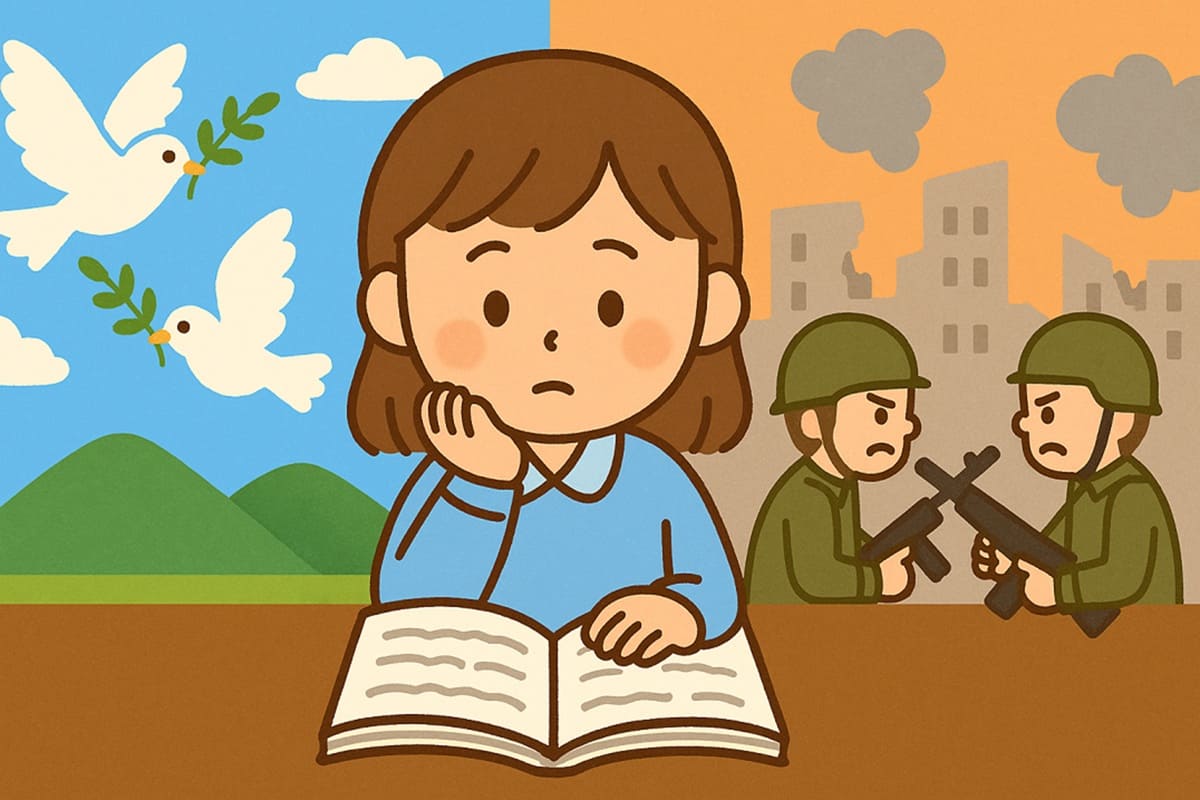
We study history in school. Some might ask, “Isn’t the present or future more important than the past?” But in fact, studying history is crucial for building peace in the future.
However, history education has both positive and negative sides. Here, from the perspective of world peace, let’s explore what it means to learn history.
The Good Side of Learning History: Learning from Past Mistakes
The greatest benefit of studying history is the mindset: “Humankind tends to repeat mistakes, so learning from the past helps prevent them.”
For example, during World War II, many countries were drawn into conflict and countless lives were lost. The significant reflection on this led to a widespread resolve: “We must never let war happen again.”
One prime example is the European Union (EU). Historically, Germany and France repeatedly fought each other. By jointly managing key resources—iron and coal—they aimed to eliminate the roots of conflict. Today, many European nations cooperate continuously, and there has been no war among them for over 70 years. This is a successful instance of using history’s lessons to build peace.
By studying history, we develop the ability to think: “Why did conflict arise?” and “How could it have been prevented?” Such abilities are essential for fostering future peace.
The Bad Side of Learning History: The Inheritance of Hatred
But history education can also have downsides.
For example, if stories are passed down through generations—“Our ancestors were wronged by them”—even people living today, who had nothing to do with those events, may develop hatred.
A typical case is the Israel–Palestine conflict. Jews and Arabs have clashed over land throughout history, and those memories have been inherited across generations, entangling even today’s youth in conflict.
People living now shouldn’t be directly responsible for past events. But if they’re taught, “We’re victims” or “They’re evil,” reconciliation becomes increasingly difficult.
Remember or Forget—Which Helps Peace?
Here arises a key question:
Should we always remember past conflicts? Or would forgetting everything help eliminate present disputes?
There are compelling reasons for both approaches.
- Remembering helps us avoid repeating tragedies. For instance, forgetting the Holocaust could risk similar events happening again. Many believe it’s essential to “never forget” and continue learning from history.
- On the other hand, continuously recalling past wrongs—”They did such terrible things”—can sow seeds of hatred in the next generation. That might prevent people from reconciling with those they could otherwise live harmoniously with.
In short, both extremes—forgetting too much or remembering too much—can harm peace.
Learning History to Build a Better Future
So, what should we do?
The important factor is why we study history.
We shouldn’t study the past to assign blame, but to learn lessons that prevent future conflict. And the purpose should be to create a better future, not to pass on endless resentments to future generations.
If history classes simply judge “who was right” and “who was wrong,” they can sow conflict. But if they encourage thinking like, “How can we preserve peace?” and “How can we understand each other?” then history education becomes a beacon of hope for the future.
Conclusion
Studying history has both benefits and risks. Learning from the past can help preserve peace, while dwelling too much on it can prolong conflict.
That’s why ignoring history isn’t the answer—instead, it’s vital to learn with an eye toward how it can shape a better future.
We study history to make tomorrow better. Let’s keep that purpose in mind as we build our society.
Main References
Korostelina, K. (2016). History education and reconciliation in (post)conflict societies. Beyond Intractability.
Rieff, D. (2016). The cult of memory: When history does more harm than good. The Guardian.
European Union. (n.d.). History of the European Union – 1945-59.
European School Education Platform. (n.d.). Building a commitment to peace in European history education.
Beyond Intractability. (n.d.). History education: The histories we teach and the impact they have.
